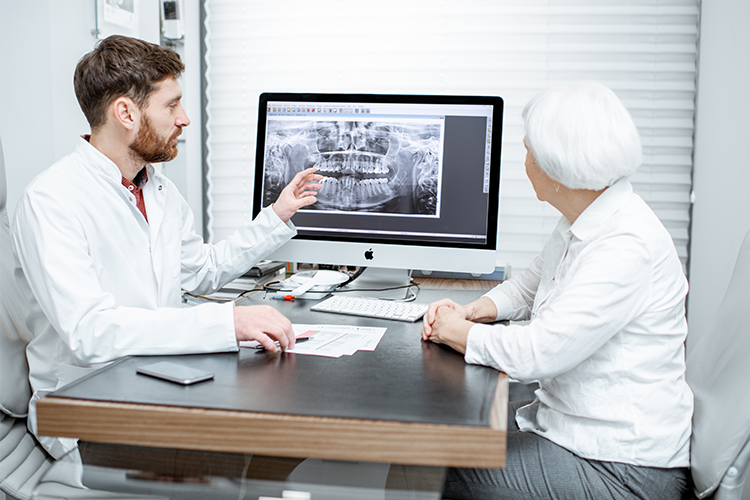Risk Factors for Oral Cancer

Oral cancer includes cancer of the throat, tongue, cheeks and lips (not the teeth!). The top three risk factors include the following:
- 85% of oral cancers are associated with tobacco use; vaping and smoking weed are also risk factors.
- Drinking alcohol is the second highest risk factor (even more so for those who smoke and drink) so moderate consumption is advisable.
- A common virus called Human Papillomavirus also increases the risk of oral cancer.
Your dentist can conduct an oral cancer screening during your regular checkup, and can talk more with you about your risk for the disease.
Read the full story here: https://yourdentalhealthresource.com/top-3-causes-of-oral-cancer/













